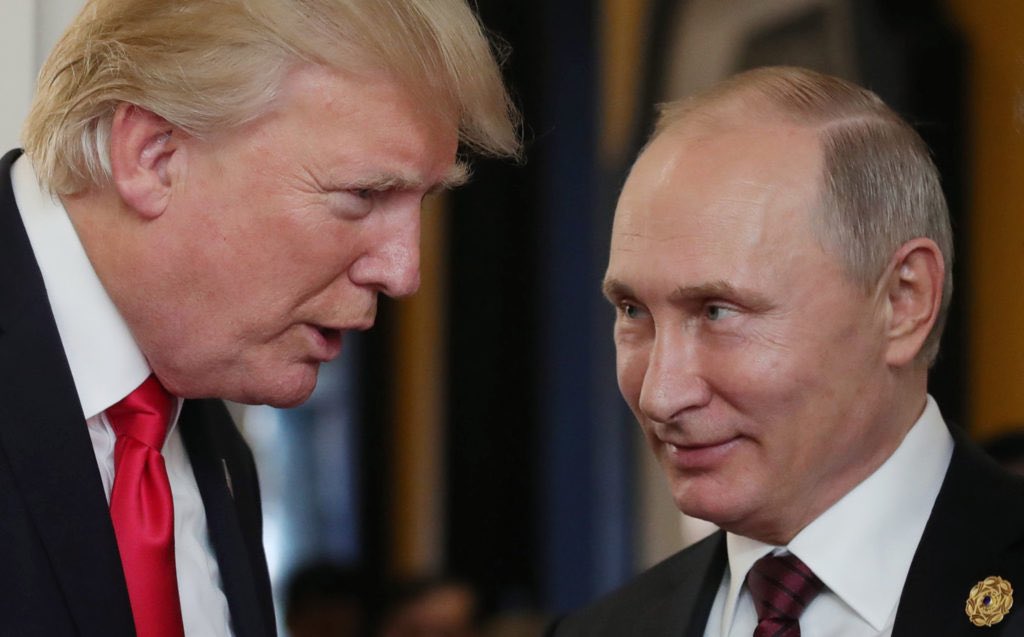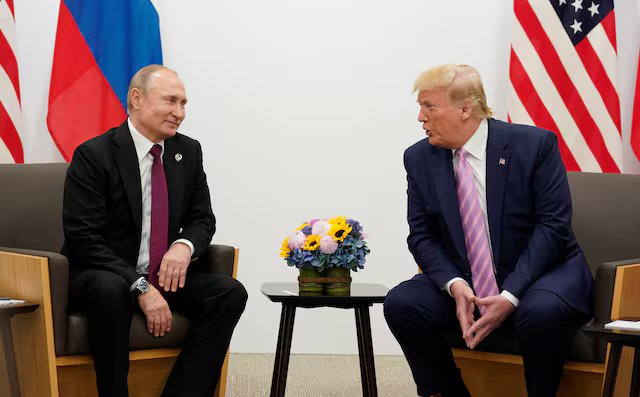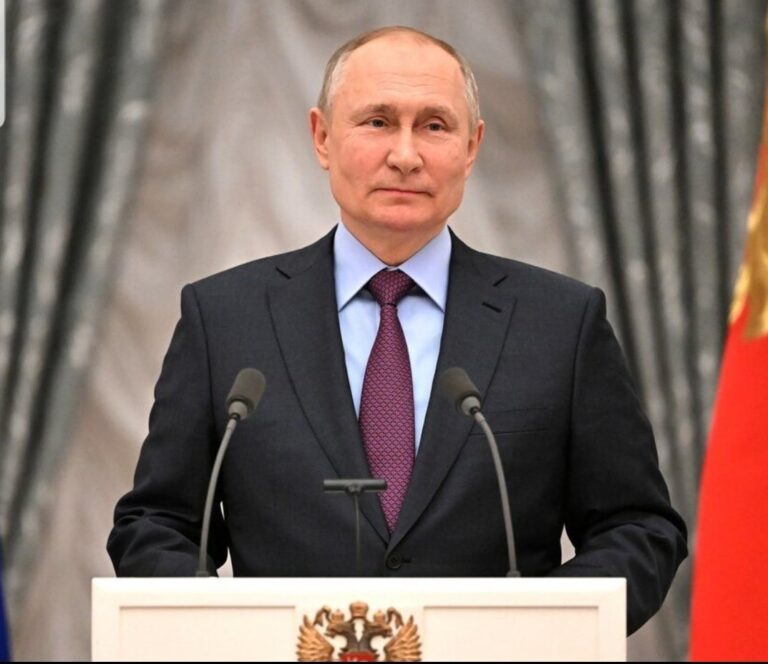Russia’s capacity to act as a trustworthy and legally compliant contracting party has eroded significantly due to its widespread violations of international law, politicization of contracts, weaponization of energy and trade, disregard for international arbitration rulings, and increasing reliance on informal, non-transparent deals. For international partners—especially in the West—Russia can no longer be considered contractually capable in the traditional, rules-based sense.
1. Contractual Capability
Contractual capability refers to a state’s recognized and reliable ability to enter, honor, and enforce binding agreements, especially:
- In international law (e.g. treaties, trade agreements),
- In commercial law (e.g. investment protection, arbitration),
- And in institutional settings (e.g. multilateral organizations).
Russia increasingly violates all three dimensions.
2. Reasons Russia Is Not Contractually Capable
a. Systematic Breaches of International Law
- Russia’s war of aggression in Ukraine violates the UN Charter and the Budapest Memorandum (1994), which guaranteed Ukraine’s territorial integrity.
- Its illegal annexation of Crimea (2014) and attempts to annex further Ukrainian regions undermine the credibility of any territorial or diplomatic agreements.
➤ If a state cannot be trusted to honor borders, it cannot be trusted to honor contracts.
b. Disregard for Arbitration and Legal Norms
- Russia has ignored rulings from:
- The Permanent Court of Arbitration (e.g. Yukos shareholders),
- The European Court of Human Rights (ECHR),
- And Western national courts (e.g. asset seizures, gas disputes).
- In 2022, Russia withdrew from the Council of Europe, insulating itself from legal accountability.
c. Weaponization of Contracts
- Russia routinely uses contracts as weapons, especially in energy policy:
- Gas cutoffs to Europe (2006, 2009, 2022) breached long-term supply agreements.
- Arms contracts with African states are often conditional on loyalty, not legal merit.
➤ This undermines predictability and rule-of-law, a core requirement for trust in contracts.
d. Opaque and Politicized Contracting Environment
- Russian contracting relies heavily on:
- Corruption,
- State secrecy, and
- Political loyalty.
- Foreign companies are often expropriated or bullied (e.g., McDonald’s, Renault, BP) under Kremlin pressure.
➤ Contracts are reversible on political whim, not legal principle.
e. Economic Sanctions and Isolation
- Russia is excluded from SWIFT, blacklisted by investment institutions, and subject to asset seizures in the West.
- Most contracts with Russian entities are now non-enforceable internationally, as Western legal systems do not recognize them or allow payments.
3. Implications for International Partners
➤ Investors avoid Russia due to unpredictable contract enforcement.
➤ Multilateral institutions view Russia as a spoiler or outlaw.
➤ Developing countries (e.g. in Africa) risk exploitation in asymmetric contracts.
➤ No real recourse exists for any party harmed by Russian breach.
4. Policy Recommendations for Foreign Ministries
- Treat Russian contracts as geopolitical tools, not legal commitments.
- Do not recognize deals involving stolen Ukrainian assets, occupied territories, or illegal arms transfers.
- Support international efforts to create postwar restitution mechanisms.
- Enforce legal sanctions on Russian-backed private military companies and corporate fronts.
5. Conclusion
Russia’s repeated abandonment of international legal norms, weaponization of economic agreements, and erosion of transparency mean it cannot be treated as a contractually capable actor in the global system. For the foreseeable future, any agreements with Russia must be seen as tactical, temporary, and non-binding, unless backed by hard power or strategic necessity.
Russia’s violations of political commitments with the U.S. and EU are not anomalies but strategic choices. Rooted in a worldview that sees the Western-led liberal order as both illegitimate and hostile, the Kremlin approaches agreements as temporary tools, not enduring obligations. These violations reflect a deeper doctrine of sovereign exceptionalism, geopolitical revisionism, and zero-sum confrontation, especially since 2007. Moscow’s breaches of agreements—from arms control to ceasefires—are instrumental in undermining Western unity, buying time for military buildup, and reshaping the international system to serve its interests.
1. Key Violated Political Commitments
| Agreement/Understanding | Violation | Nature |
| Budapest Memorandum (1994) | Invasion of Ukraine (2014–) | Territorial integrity |
| INF Treaty (1987) | Deployment of banned missile systems | Arms control |
| Founding Act NATO-Russia (1997) | Military threats to NATO members | European security |
| Minsk Agreements (2014–2015) | Continued aggression in Donbas | Ceasefire/political resolution |
| OSCE commitments | Disinformation, election interference | Democratic norms |
| WTO rules | Protectionism, sanctions evasion | Trade/investment |
2. Strategic Motivations Behind Violations
a. Revisionist Foreign Policy Goals
- Russia seeks to revise the post-Cold War settlement, which it views as humiliating.
- Political commitments are seen as temporary tools, useful until balance of power shifts.
- Agreements are broken when they no longer serve Russia’s strategic interests.
b. Sovereign Exceptionalism
- Putin’s Russia promotes the idea that international rules apply only selectively, especially to great powers.
- Western-led legal frameworks are viewed as Western-imposed, not universal.
- Kremlin doctrine favors multipolarity, but acts as a unipolar power in its own sphere.
c. Use of Commitments as Delay Tactics
- Russia often signs agreements to buy time—for:
- Military buildups (e.g., Minsk agreements),
- Strategic repositioning (e.g., ceasefires in Syria),
- Dividing Western political consensus.
d. Instrumental View of Diplomacy
- The Kremlin treats diplomacy as information warfare, not conflict resolution.
- Political commitments are used to manipulate narratives, not to stabilize relations.
3. Ideological and Domestic Drivers
a. Putin’s Narrative of Western Betrayal
- Kremlin rhetoric frames past commitments (e.g., NATO enlargement) as Western treachery, justifying current breaches.
- Domestic propaganda demonizes the West, reinforcing support for confrontation.
b. Autocratic Paranoia
- Russia views U.S. and EU democracy promotion as a threat to regime survival.
- Political commitments that promote transparency, rule of law, or civil society are seen as Trojan horses for regime change.
4. Implications for the U.S. and EU
a. Agreements Are Not Trustworthy
- Any political commitment with Russia should be backed by deterrence, not trust.
- Arms control, trade, or security agreements with Russia will not be honored unless enforceable.
b. Diplomacy Must Be Strategic, Not Idealistic
- Treat Kremlin promises as tactical moves, not genuine commitments.
- Focus must be on capability-based deterrence, not paper-based security.
c. Resilience Is the New Diplomacy
- Strengthening institutional and societal resilience (cyber, energy, election security) is more effective than signing more agreements.
Russia’s violation of political commitments with the U.S. and EU is systemic, strategic, and ideological. These breaches are rooted in a deep rejection of the Western-led liberal order and are not anomalies to be negotiated away. For Washington and Brussels, effective policy must begin with the assumption that Moscow’s word is only as strong as Western leverage. The future of diplomacy with Russia must be shaped not by hope, but by power, verification, and resilience.


More on this story: Kremlin’s Strategy: Leveraging Diplomacy to Justify the Next Phase in Ukraine




